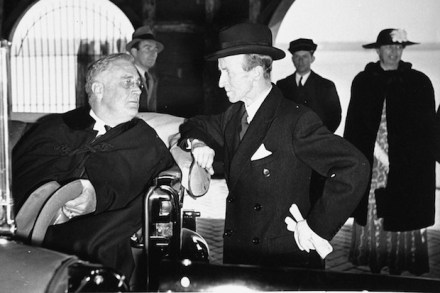The Scot who became more Canadian than the Canadians
When John Buchan was appointed Governor General of Canada in 1935, the country was deep in depression, the western provinces a dustbowl and a quarter of a million people on public relief, while the prospect of war in Europe threatened great stresses in a newly independent country and its relations with Britain. Many or even





